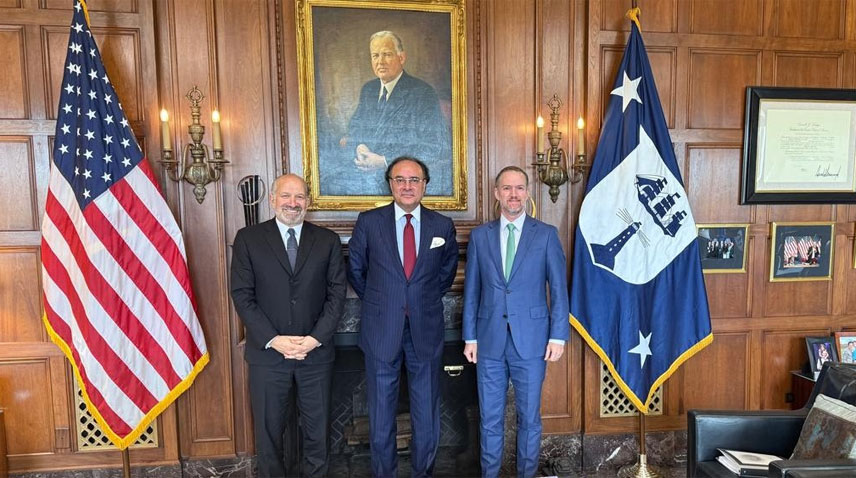Tehran – June 24, 2025: Iran has stated that no diplomatic negotiations can move forward with the United States unless Washington first rules out any further military strikes. The statement comes amid heightened regional tensions, with Tehran accusing the U.S. of destabilizing the Middle East through recent military actions.
This firm stance was reiterated by Iranian Foreign Ministry spokesman Nasser Kanaani, who declared that “resumption of talks is impossible under the shadow of threats and force.”
Background: Escalating US-Iran Tensions
The announcement follows a series of U.S. strikes in Syria and Iraq, which Washington claims were directed at Iranian-backed militant groups. Iran, however, views these strikes as provocative and illegal, undermining the conditions for any future dialogue.
Tensions have surged in recent months due to:
- The Israel-Gaza war, where Iran has backed Hamas diplomatically and through proxies
- U.S. military presence near the Strait of Hormuz and Red Sea
- Unconfirmed reports of Israeli or U.S. cyberattacks on Iranian infrastructure
- Nuclear negotiations that have remained stalled since 2022
Tehran’s Official Position
“The U.S. must prove it’s serious about diplomacy by halting aggression. Only then can we consider negotiations,” said Kanaani.
Iran insists on the complete lifting of economic sanctions, non-interference in regional affairs, and respect for its sovereignty as preconditions for any renewed diplomatic engagement.
Washington’s Response and Diplomatic Pressure
While the Biden administration has not directly responded to Kanaani’s statement, U.S. officials have maintained that “all options remain on the table” to protect regional allies, including Israel and Gulf nations.
American analysts suggest that Washington may still seek backchannel negotiations, possibly through intermediaries like Oman, Qatar, or Switzerland, despite Tehran’s current refusal to engage.
Regional Implications
The breakdown in communication between Tehran and Washington could:
- Further complicate Gulf security dynamics, including oil shipping routes
- Empower hardliner factions within Iran ahead of upcoming elections
- Undermine efforts to contain nuclear proliferation in the region
Middle East analysts warn that without a diplomatic path, the risk of miscalculation or unintended escalation remains dangerously high.
#IranUSRelations #MiddleEastTensions #NoMoreStrikes #TehranDiplomacy #USIranStandoff #NuclearTalks #RegionalSecurity

















